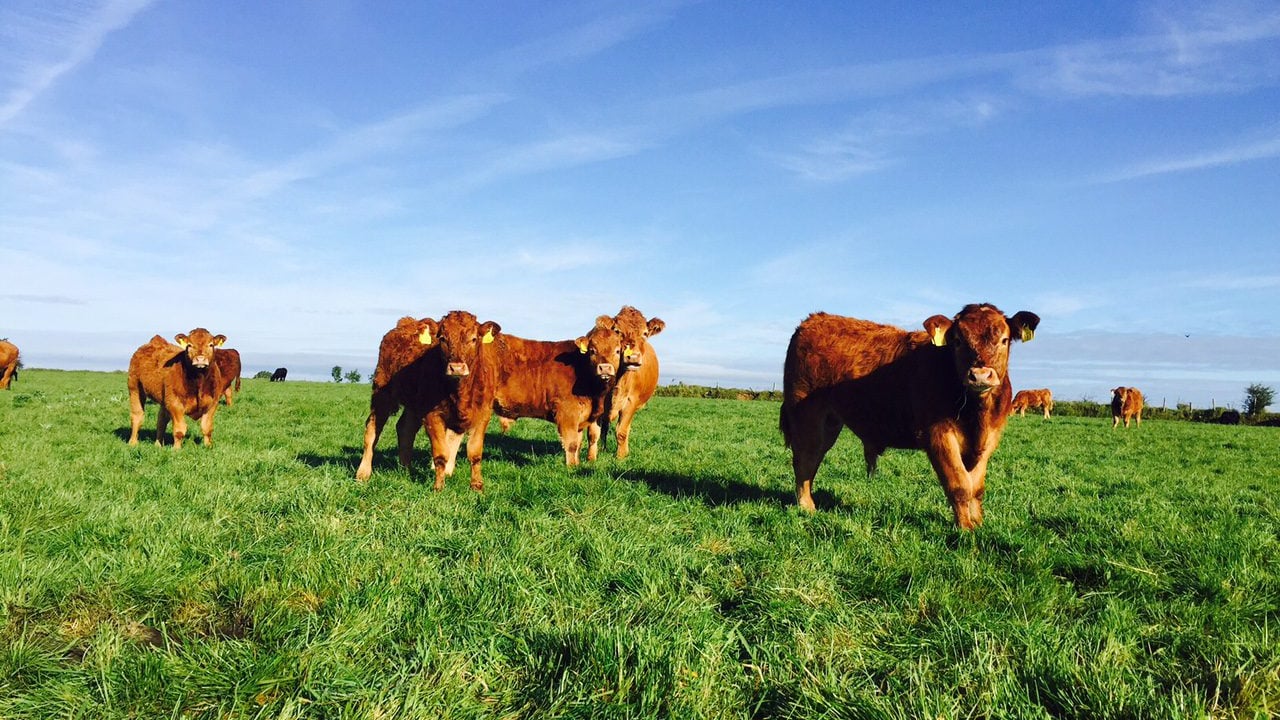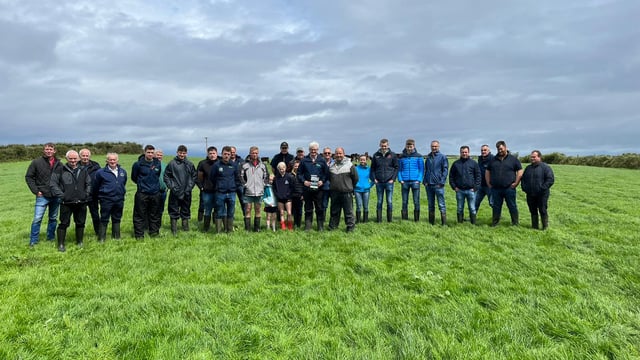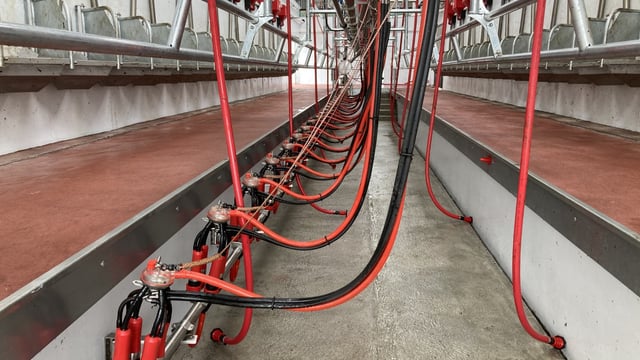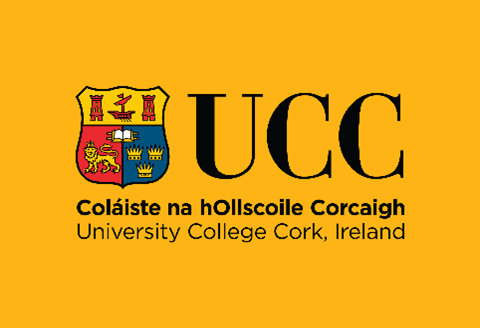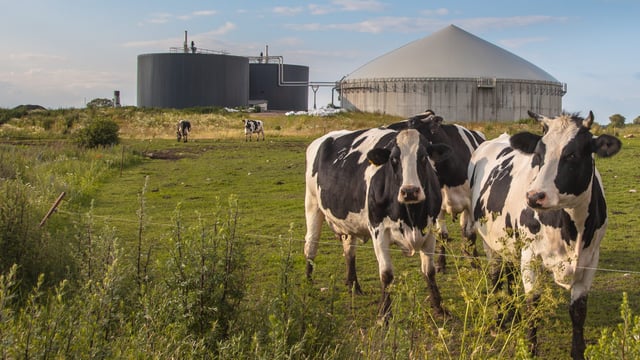ICSA proposes 'nitrates efficiency payment' for lower stocked farms
A "nitrates efficiency payment" has been proposed by the Irish Cattle and Sheep Farmers' Association (ICSA) to "reward farmers operating at moderate or low stocking rates".
This targeted support would "recognise and incentivise the environmental benefits of extensive livestock systems, particularly in delivering improved climate outcomes and enhanced water quality", the ICSA said.
It has proposed a payment structure of €150/ha for farms stocked between 100–120kg of nitrogen per hectare, and €300/ha for farms stocked under 99kg of nitrogen per hectare.
"This aligns directly with Ireland’s Climate Action Plan 2024, the River Basin Management Plan, and the evolving requirements under the EU Nitrates Directive," the ICSA said in its pre-Budget 2026 submission, seen by Agriland.
"It also responds to the tightening of the Nitrates Derogation, which has reduced the maximum allowable stocking rate from 250kg nitrogen per hectare to 220kg in certain areas, disproportionately affecting more extensive cattle, sheep, and tillage systems."
The payment would "reward low-impact farming systems that deliver public goods such as lower greenhouse gas emissions, reduced nitrate leaching, and increased biodiversity".
It would also "offset the negative land-use and income effects of derogation reductions, which put pressure on land availability and push up rental costs", according to the ICSA.
Additionally, it would "provide a clear financial signal that climate and water quality actions will be fairly supported".
"If the government is serious about achieving environmental targets, it must complement regulation with targeted incentives," the ICSA said.
"The nitrates efficiency payment is a cost-effective, fair, and strategic mechanism to support Ireland’s climate, water, and biodiversity goals - while safeguarding the future of low-income family farms."
Currently, farmers participating in both the Suckler Carbon Efficiency Programme and the Beef Welfare Scheme can receive a maximum of €225 per cow/calf pair for the first 22 pairs.
ICSA said it believes this is "insufficient for economic viability", and is proposing an increase in the total per-cow support to €300, requiring an additional €75 per calf in the Beef Welfare Scheme.
Additionally, it is recommending an increase in the number of eligible calves per herd to 100.
The ICSA is also proposing an increase in the National Sheep Welfare Scheme payment to deliver a minimum of €35/ewe combined across both this scheme and the Sheep Improvement Scheme.
In the National Dairy Beef Weighing Scheme, the ICSA is proposing an increase in the total payment to €100/calf, with €80/calf going to rearers (dairy or beef farmers) and €20/calf to breeders (dairy farmers).
In addition, the ICSA is proposing that the number of eligible calves per herd be raised to 100.
ICSA is proposing the introduction of a €1,500/ha "tillage innovation payment" to support farmers experimenting with strategic crops on up to 2ha.
It is also proposing the establishment of a "national succession and retirement fund" to implement a "gradual succession and mentorship scheme, offering farmers aged 55+ a guaranteed €30,000 per year for 10 years when they enter into a structured succession plan".
It is also seeking installation aid of at least €20,000 per annum for young farmers starting out.
Budget 2026 offers a "critical opportunity to stabilise and strengthen vulnerable cattle, sheep, suckler, and tillage sectors", the ICSA stressed in its submission.
Without targeted supports, there is the risk that "low-income farmers will continue to exit, threatening food security, climate goals, and rural communities".
"With political will and sufficient investment, Ireland can build a more sustainable, profitable, and environmentally responsible agricultural future."
The association said that tax fairness must "underpin these efforts".
"Farmers - particularly sole traders and family-run operations - face disproportionately high income, capital, and USC burdens despite limited access to social protection.
"Budget 2026 must reform the tax system to recognise the volatility of farm incomes, incentivise long-term land use and farm transfer, and reduce punitive levies that stifle investment.
"Tax policy should not obstruct generational renewal or penalise those who produce food and steward the environment."
The ICSA is calling for a "fairer, simpler, and more strategic approach to agricultural taxation".
It is calling for an increase in the Capital Acquisitions Tax thresholds: category A to be increased to €500,000; category B to €50,000; and category C to €30,000.
It is also recommending that agricultural land transferred that remains in agricultural use should have a threshold of €700,000 under category A criteria.
It is also recommending that agricultural relief should be continued at the 90% rate.

